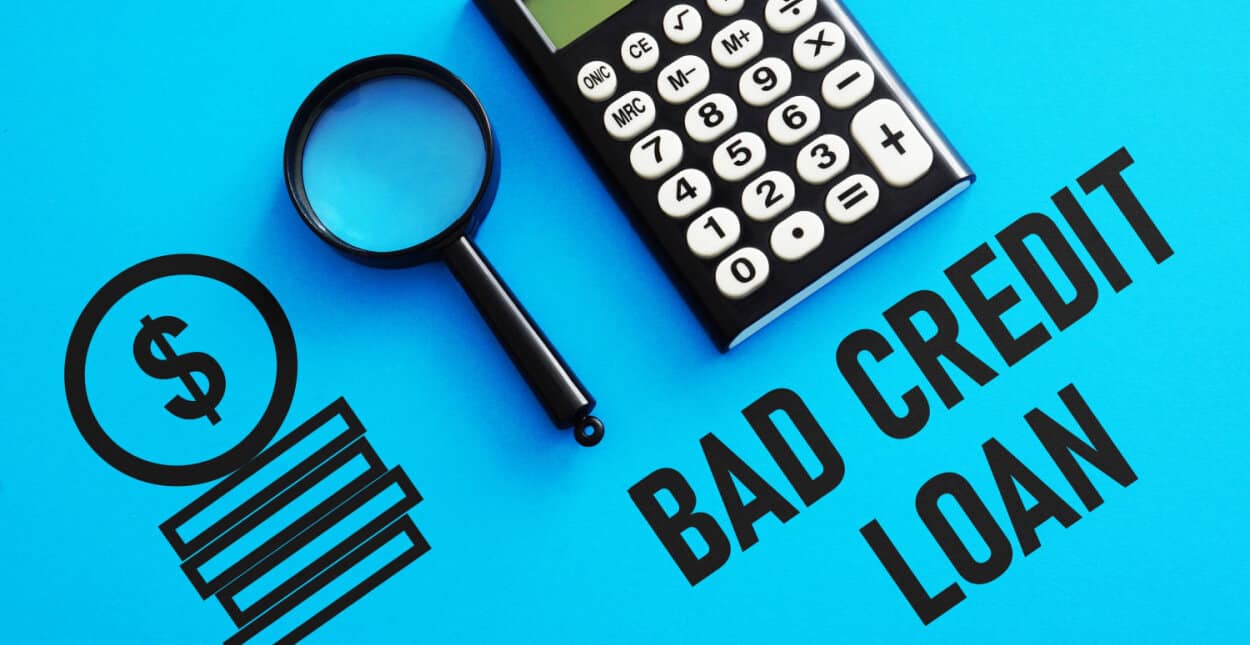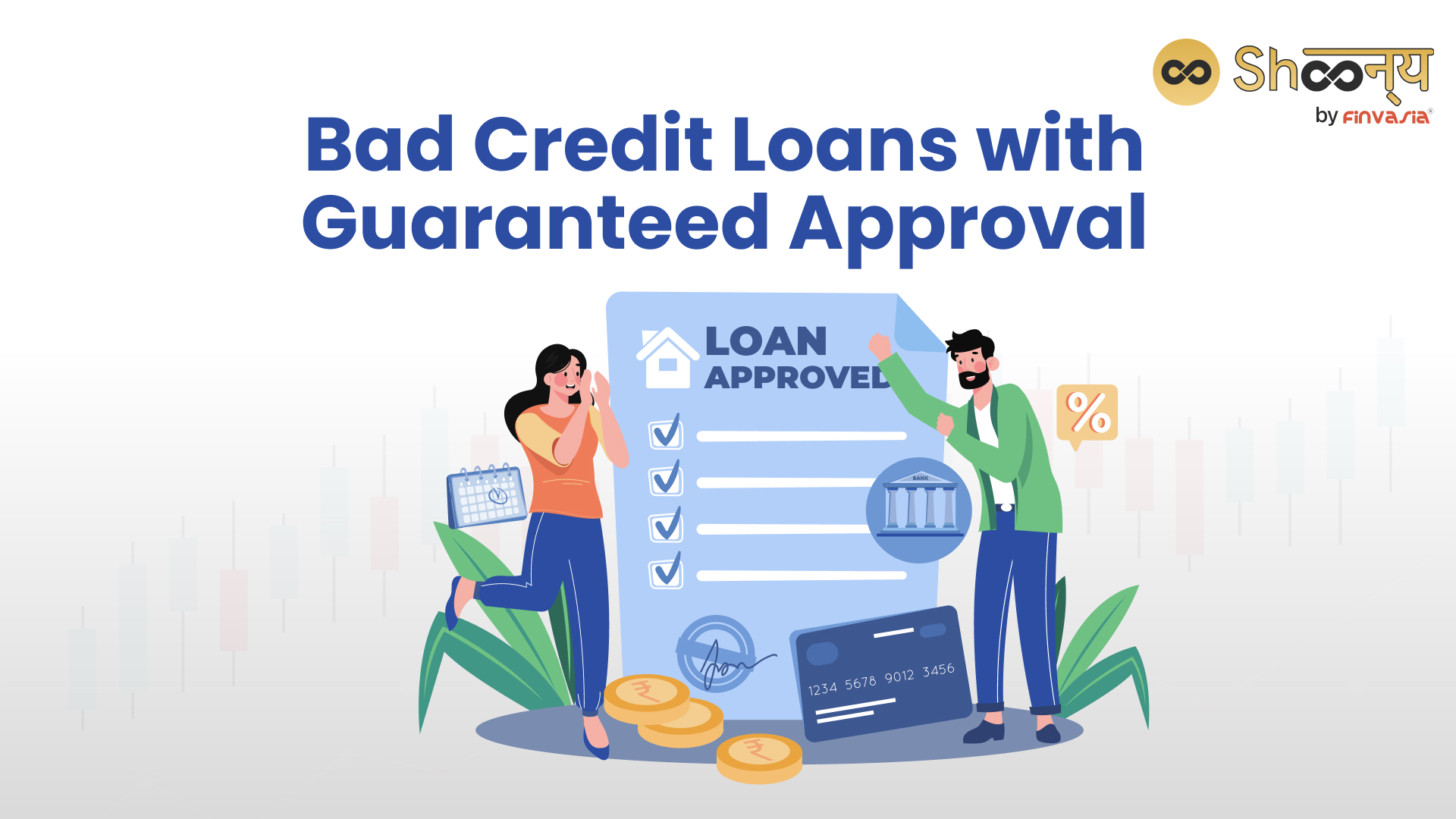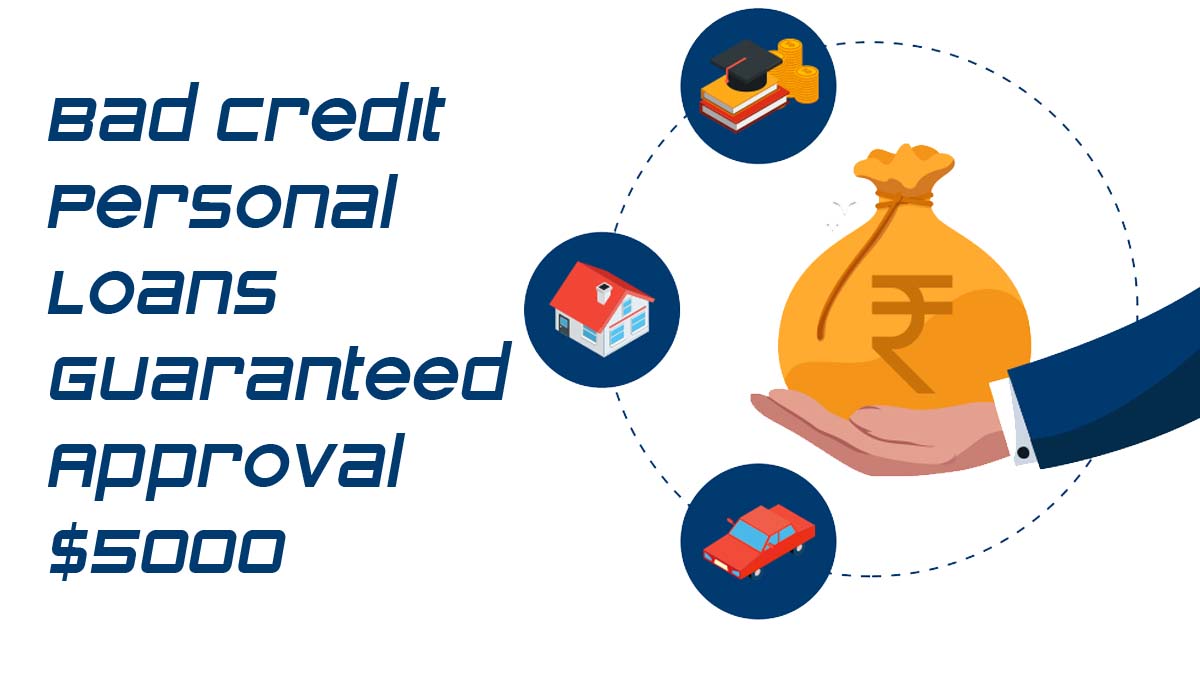Loans For Bad Credit Near Me Guaranteed Approval

The promise of readily available loans for individuals with poor credit scores, often advertised as "guaranteed approval," is increasingly prevalent both online and in local communities. These offers, while seemingly providing a lifeline to those in financial need, are drawing scrutiny from consumer advocacy groups and financial regulators due to concerns about predatory lending practices and hidden fees.
This article examines the reality behind these "loans for bad credit near me guaranteed approval," exploring their prevalence, associated risks, and the regulatory landscape designed to protect vulnerable borrowers. It will also delve into alternative options for individuals seeking financial assistance despite having a less-than-perfect credit history.
The Allure of "Guaranteed Approval"
The phrase "guaranteed approval" is a powerful draw, particularly for individuals facing urgent financial needs and limited options. This terminology implies that loan approval is virtually certain, regardless of credit score or financial history.
These loans are frequently marketed through online platforms, storefront lenders, and even direct mail campaigns. Many target individuals struggling with debt, unemployment, or unexpected expenses.
However, financial experts caution that the term "guaranteed approval" is often misleading. Legitimate lenders typically conduct some form of credit check and assess the borrower's ability to repay the loan.
What Exactly Are These Loans?
Loans marketed as "guaranteed approval" for bad credit often fall into categories like payday loans, title loans, or installment loans offered by non-traditional lenders. These loans typically feature higher interest rates and fees compared to conventional loans from banks or credit unions.
Payday loans are short-term, high-interest loans designed to be repaid on the borrower's next payday. Title loans require the borrower to offer their vehicle as collateral, while installment loans are repaid over a set period with scheduled payments.
While these loans may seem appealing due to their accessibility, the associated costs can quickly escalate, trapping borrowers in a cycle of debt.
Risks and Concerns
The primary concern surrounding "guaranteed approval" loans is their potential for predatory lending practices. Predatory lending refers to unfair or deceptive lending practices that exploit vulnerable borrowers.
Extremely high interest rates, sometimes exceeding 300% APR (Annual Percentage Rate), are common. Hidden fees, such as origination fees or prepayment penalties, can further inflate the overall cost of the loan.
Furthermore, the short repayment terms associated with many of these loans can be difficult to meet, leading to rollovers or renewals that accrue even more interest and fees.
Regulatory Oversight and Consumer Protection
Recognizing the risks associated with high-cost lending, many states have enacted laws to regulate payday loans, title loans, and other forms of alternative lending. These regulations may include interest rate caps, limits on loan amounts, and requirements for lender licensing.
The Consumer Financial Protection Bureau (CFPB) is a federal agency responsible for protecting consumers in the financial marketplace. The CFPB has taken enforcement actions against lenders engaged in deceptive or unfair lending practices.
Despite these efforts, some lenders operate outside the bounds of regulation, either by locating their businesses in states with lax laws or by operating online and claiming immunity from state regulations.
Alternatives to "Guaranteed Approval" Loans
For individuals with bad credit seeking financial assistance, exploring alternative options is crucial. These alternatives may offer more favorable terms and help avoid the pitfalls of high-cost lending.
Credit unions often offer small-dollar loans or payday alternative loans (PALs) to their members, with lower interest rates and more flexible repayment terms. Community development financial institutions (CDFIs) are another resource, providing financial services to underserved communities.
Debt counseling agencies can also provide valuable assistance, offering guidance on budgeting, debt management, and credit repair. These agencies can help individuals develop a plan to improve their financial situation and access more affordable credit options.
The Importance of Financial Literacy
Ultimately, improving financial literacy is crucial for avoiding the trap of predatory lending. Understanding credit scores, interest rates, and the terms of loan agreements can empower individuals to make informed financial decisions.
Numerous resources are available to help individuals improve their financial literacy, including online courses, workshops, and counseling services offered by non-profit organizations and government agencies. Investing time in financial education can pay dividends in the long run.
Before accepting a loan, carefully review the terms and conditions. If the offer sounds too good to be true, it probably is.
Conclusion
While the promise of "loans for bad credit near me guaranteed approval" may seem appealing, it's essential to approach these offers with caution. The high interest rates, fees, and potential for predatory lending practices pose significant risks to borrowers.
Exploring alternative options, seeking financial counseling, and prioritizing financial literacy are crucial steps for individuals seeking to improve their financial well-being and avoid the trap of debt. Remember, a long-term solution is better than a quick fix that could lead to further financial hardship.
By exercising caution and seeking reputable sources of financial assistance, individuals with bad credit can navigate the lending landscape safely and effectively.


















